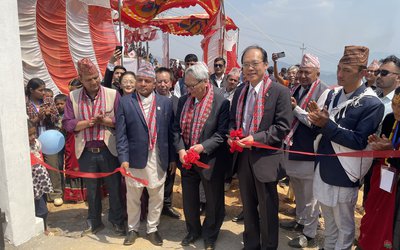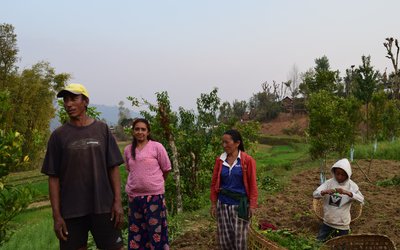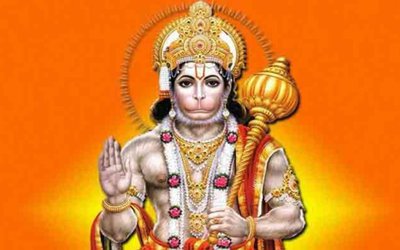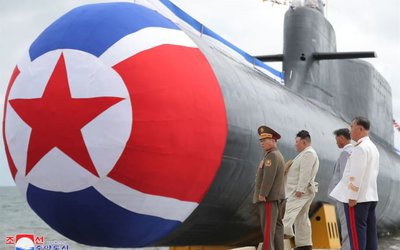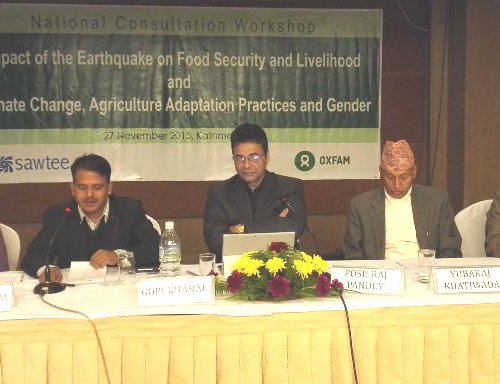
As Eighteenth SAARC Summit is coming closer, experts discussed on various modalities for economic cooperation in a two-day regional consultation on “Deepening Economic Cooperation in South Asia: Expectations from the 18th SAARC Summit”. The program is being organized as a side-event to the 18th SAARC Summit to provide useful recommendations to deepen economic cooperation in South Asia.
In his inaugural remarks, Chief Guest, Mahendra Bahadur Pandey, Minister of Foreign Affairs, stated that South Asian Association for Regional Cooperation (SAARC) has long dreamed of deeper regional cooperation for economic growth and prosperity, and has undertaken initiatives to facilitate trade and investment, and improve regional connectivity. However, several constraints, including financial and investment-related, largely affect the efficient implementation of trade and transport facilitation measures. Thus, he expressed hope that SAARC would undertake necessary steps to promote intra-regional investments and attract foreign direct investments (FDIs).
He also stated that through the effective implementation of the SAARC Agreement on Trade in Services (SATIS), SAARC could see higher growth in the services sector. Expressing dissatisfaction over the fact that most countries in the region have failed to meet the Millennium Development Goals (MDGs), he emphasized that the SAARC Development Goals should be aligned with the Sustainable Development Goals in line with the post-2015 development agenda. Further, he highlighted the necessity to take mitigation and adaptive measures to address the threat of climate change, which is going to impact, among others, food security of the region. Strengthening of regional cooperation on this front is essential, he added. He expressed hope that the 18th SAARC Summit would be able to send across a strong message that SAARC leaders are ready to revitalize and implement all past initiatives undertaken by SAARC to deepen regional integration.
Prof. Dr. Govind Raj Pokhrel, Vice Chairperson, National Planning Commission, Government of Nepal, highlighted the immense economic potential of the region, and stressed on improving trade facilitation to boost intra-regional trade. He also stressed on the potential of regional energy cooperation. The recent efforts undertaken by Nepal to promote energy cooperation with India are a step in the right direction, which could further facilitate regional energy cooperation, he said.
Pradeep Jung Pandey, President of FNCCI, provided an account of the barriers faced by the business community when conducting trade within South Asia, and stressed the need to go beyond trade in goods and also look as how to exploit the untapped potential of the services sector. More important, Mr. Pandey pointed out the need for greater economic as well as people-to-people connectivity in the region, and argued that normalized trade relation between India and Pakistan is necessary for SAARC to move forward.
Major General (Retd.) Ashok Mehta, an independent analyst from India, rightly highlighted the role of track-II approach in moving forward relevant issues to track-I. He spoke about the Kathmandu Declaration signed at the 3rd SAARC Summit, and how SAARC went against its original Charter to address the issue of peacekeeping, which was viewed as a security issue and was thus beyond SAARC mandate. He advocated for a collective regional stance on peacekeeping issues at the United Nations, through the formation of a regional consultative mechanism to discuss the issue at the political, academic and field level. This would pave the way for enhanced economic cooperation, he added.
Speaking as the Chair of inaugural session, Dr. Posh Raj Pandey, Executive Chairman, SAWTEE, mentioned that despite the existence of SAARC, progress in deepening regional integration has been frustratingly slow and gains have only been modest. Therefore, what is needed to move SAARC forward is political will and sincere commitments at the highest level. He stated that informal trade in the region being substantially higher than formal trade is testimony of policy-induced trade barriers, which need to be overcome to make SAARC a truly economically integrated region. Importantly, he stressed the need to reinvent the regional development paradigm with inclusiveness.
Earlier, Dr. Hiramani Ghimire, Executive Director, SAWTEE, welcomed the participants on behalf of the organizers. He stated that the regional consultation is an opportunity to discuss what can realistically be done to enhance economic cooperation in South Asia, and provide recommendations for the 18th SAARC Summit.
More than 60 participants, including researchers, policy makers, private sector representatives and media, among others, from different South Asian countries are participating in the regional consultation.Over the next two days, they will deliberate on issues such as trade and transport facilitation, and transit; non-tariff barriers; trade, gender and technology transfer; India-Pakistan trade relations; intra-regional investment cooperation; and regional cooperation for energy security.
Organized by South Asia Watch on Trade, Economics and Environment (SAWTEE); National Planning Commission, Government of Nepal; and the Federation of Nepalese Chamber of Commerce and Industry (FNCCI) in collaboration with German Cooperation for Development (GIZ), CUTS International, India Council for Research on International Economic Relations (ICRIER), and Friedrich EburtStiftung, various experts from South Asian countries highlighted the importance of eighteenth SAARC Summit.
- TANAHU HYDROPOWER PROEJCT: A Significant Achievement
- Apr 15, 2024
- AMBASSADOR HANAN GODAR: Sharing Pain With A Nepali Family
- Mar 30, 2024
- VISIT OF KfW AND EIB TO NEPAL : Mission Matters
- Mar 25, 2024
- NEPAL BRITAIN SOCIETY: Pratima Pande's Leadership
- Mar 24, 2024
- NEPAL ARMY DAY: Time To Recall Glory
- Mar 15, 2024








